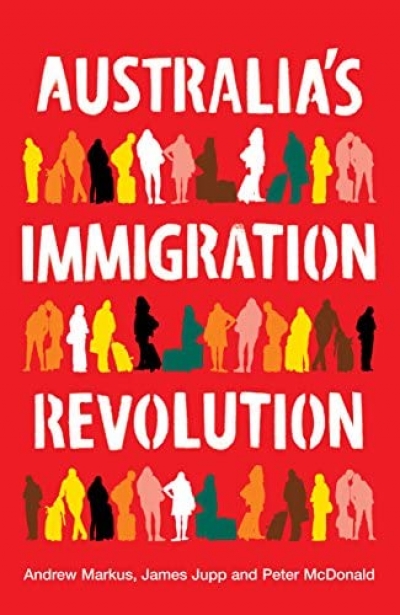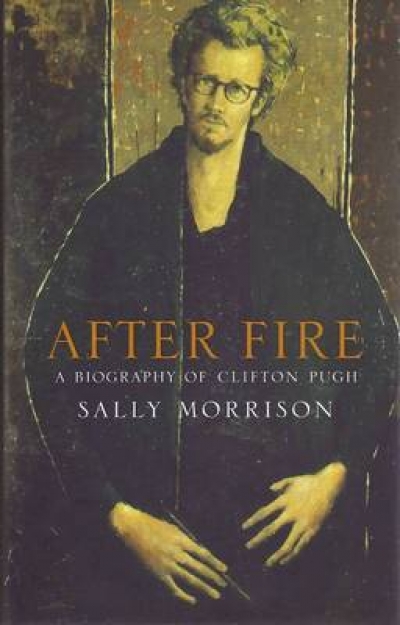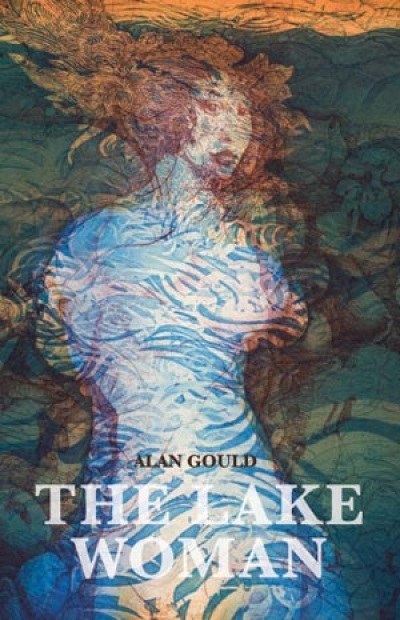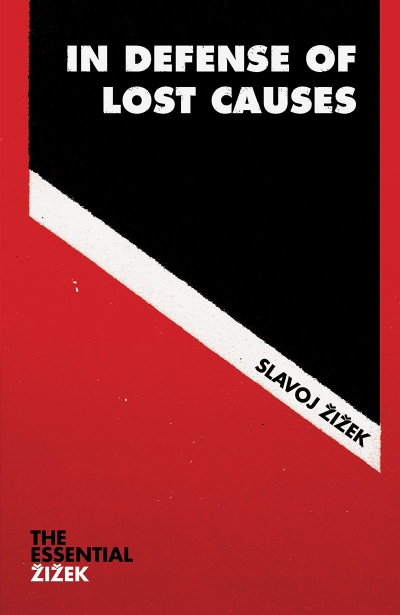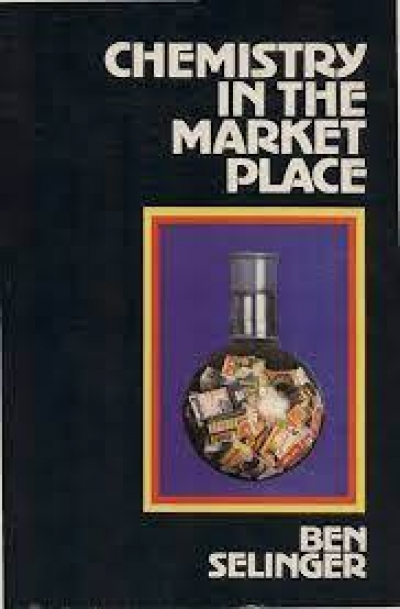Archive
Australia's Immigration Revolution by Andrew Markus, James Jupp and Peter McDonald
The Lake Woman by Alan Gould & Folk Tunes by Alan Gould
In Defense of Lost Causes by Slavoj Žižek & First as Tragedy, Then as Farce by Slavoj Žižek
Changes, Issues and Prospects in Australian Education edited by S. D’Urso and R.A. Smith
What’s your point?
Dear Editor,
John Carmody, in the June issue, writes a letter loaded with tendentious and pejorative language to accuse me of thundering and provocation in my review of Richard J. Lane’s Fifty Key Literary Theorists (March 2007). Carmody portrays me as self-satisfied in the same breath as he refers to his own wryness. He advises me to use words more ‘clearly and carefully’, and then composes a sentence in which ‘eliding’ creates a ‘mélange’. He charges me with portentousness in a letter that consists almost entirely of windy rhetorical questions. I have only one question: what is his point?
... (read more)In the current overwhelmingly dour landscape of Australian children’s fiction, it’s a welcome relief to pick up three books which at least claim to rely on humour for their effect. Of course, humour comes in different forms, with different purposes.
In Small Sacrifices, for instance, Beverley Macdonald isn’t looking for easy laughs. By its contrast with the harrowing events which constitute the story’s climax, the humour Macdonald injects into the first two thirds of the book effectively maximises the impact of the tragedy. Central to the fun at the beginning are the members of the bizarrely extended family belonging to the narrator, fourteen-year-old Harry. We meet them as they gradually assemble for Christmas at a beachside house in the town where Harry’s artily eccentric grandmother lives.
... (read more)Blyton got rid of them, Dahl demonised or mocked them but adults are definitely central in the lives of young people in this recent trio of books for the emerging to the retiring adolescent.
The Keeper (Lothian, $12.95 pb, 160 pp) is aimed at the younger end of adolescence, perhaps written with the view that such readers will be willing to suspend disbelief as they will need to in this romantic story of a troubled young boy’s search for a father. Joel is twelve and lives with his grandmother on the Yorke Peninsula, and fishing is his love but fighting his tormentor, Shawn at school, and generally being disruptive, takes up much of his time. However, from the outset we are alerted to Joel’s essential goodness when he defends the meek Mei who will not fight back.
... (read more)There was a time not so long ago when research on ancient philosophy was confined largely to the study of the great philosophers Plato and Aristotle, and their antecedents. To take one example, in A History of Ancient Western Philosophy, published in 1959 by the respected scholar Joseph Owens, only fifty-one of 419 pages were devoted to post-Aristotelian philosophy, and only two pages to philosophy after the third century of our era. All of this has radically changed. For some time there has been a flourishing industry engaged in research on Hellenistic and early Imperial philosophy. Now the last frontier, the philosophy of late antiquity, is also yielding its secrets.
... (read more)
